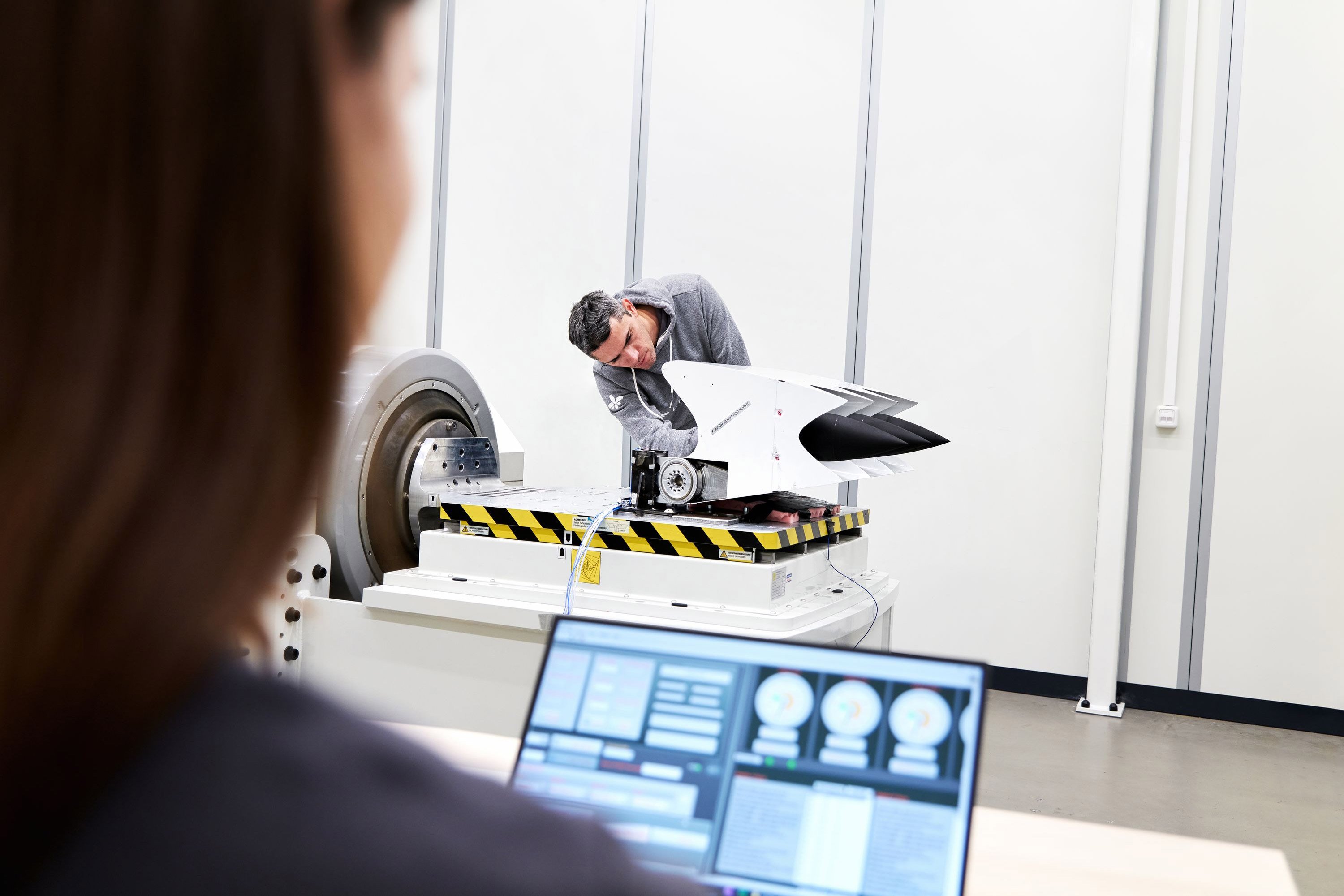Click Here to View This Page on Production Frontend
Click Here to Export Node Content
Click Here to View Printer-Friendly Version (Raw Backend)
Note: front-end display has links to styled print versions.
Content Node ID: 419505
Lilium this week submitted a complete set of means of compliance (MoC) proposals to EASA, marking a key step in the type certification process for its seven-seat eVTOL aircraft. The aviation safety agency will now consider whether it can accept the MoC plan as the basis on which the German manufacturer will establish that its Lilium Jet conforms to the airworthiness requirements of EASA Special Condition VTOL rules.
Back in 2020, Lilium established the certification basis of its all-electric aircraft and received the required CRI-A01 documentation from EASA. Achieving acceptance of the MoC proposals will clear the way for the company to prepare to demonstrate compliance with the production-conforming aircraft that it now intends to assemble and then fly in 2023. This aircraft will have 30 ducted fans installed in its wings, as the company decided to reduce the number from 36.
On March 30, Lilium advised investors that it has pushed back the projected timeline to achieve type certification of Lilium Jet eVTOL aircraft by potentially 12 or more months into 2025. It had previously expected to gain approval and be ready to start commercial operations in 2024. In a blog released to coincide with a conference on March 31 for more than 70 of its suppliers, Lilium founder and CEO Daniel Wiegand indicated that the decision to delay is based on “the current status of design activities to develop the safest possible aircraft, our discussions with regulators, and even taking into account the continued supply chain disruption.” He said that between 15 and 18 months would be needed for a flight test campaign leading to type certification once the production-conforming aircraft is available.
Earlier this month, Lilium resumed flight testing with its fifth-generation technology demonstrator, which is smaller than the Lilium Jet. The aircraft it refers to as the Phoenix 2 is now flying at the Atlas Flight Test Center at Villacarrillo in Spain, and the company plans to add another vehicle to the test campaign in the next few months.
The piloted Lilium Jet will have a range of 155 miles and fly at speeds up to 175 mph. Lilium believes that the design could be scaled up for a version that would accommodate between 10 and 15 seats.
Once it has achieved type certification through the EASA process, Lilium intends to achieve concurrent validation with the FAA under the terms of the Bilateral Aviation Safety Agreement between the European Union and the U.S.
